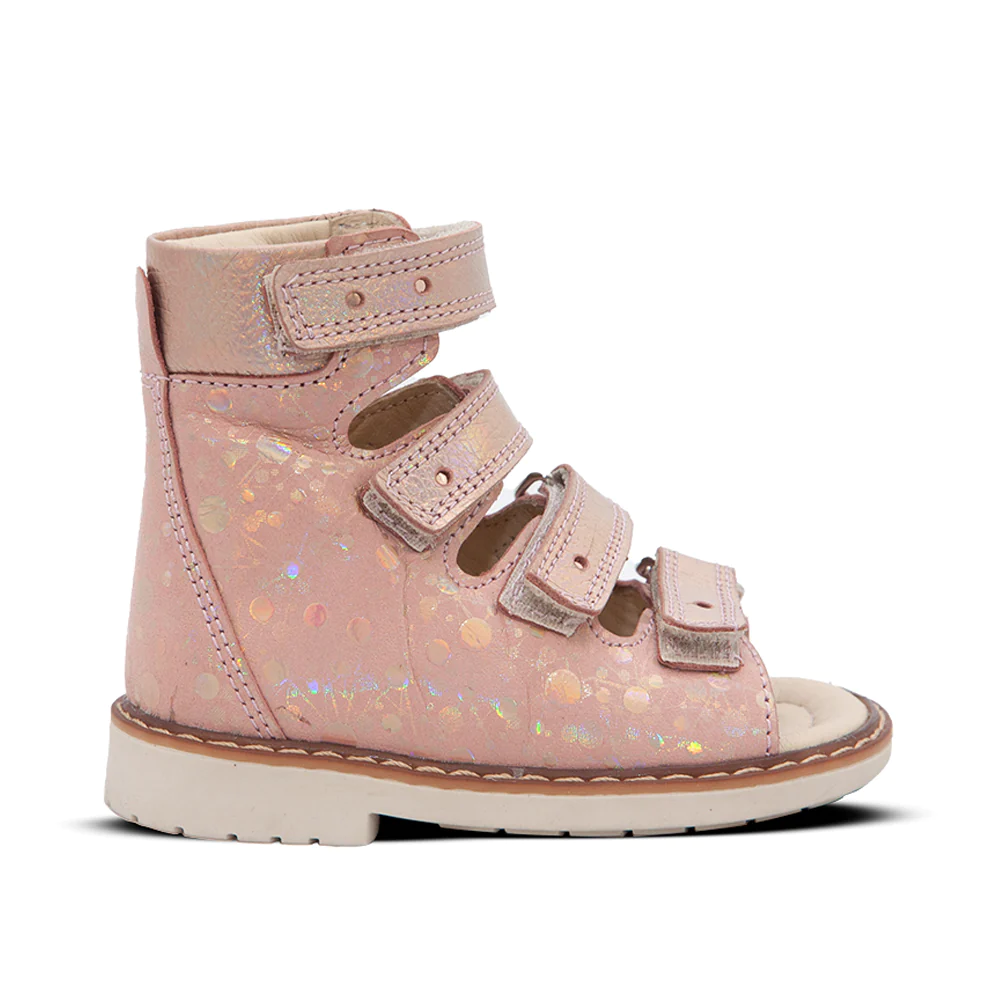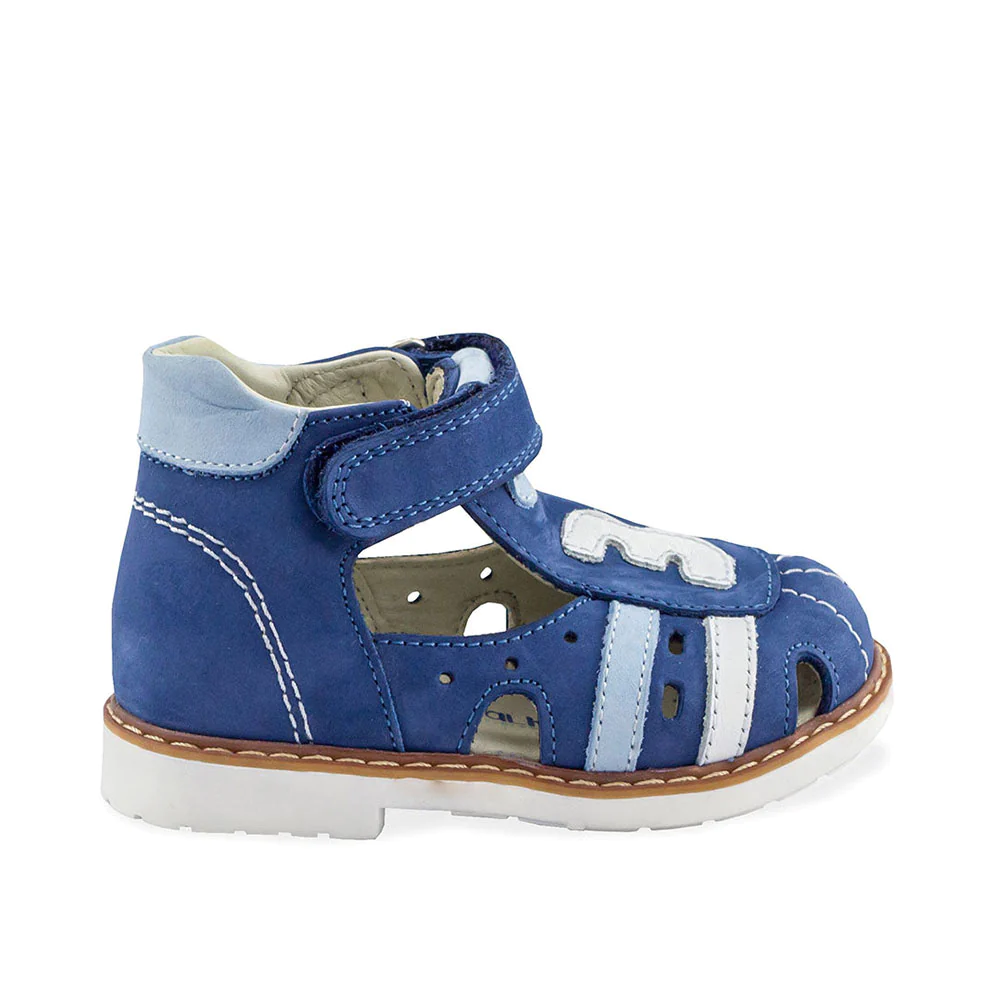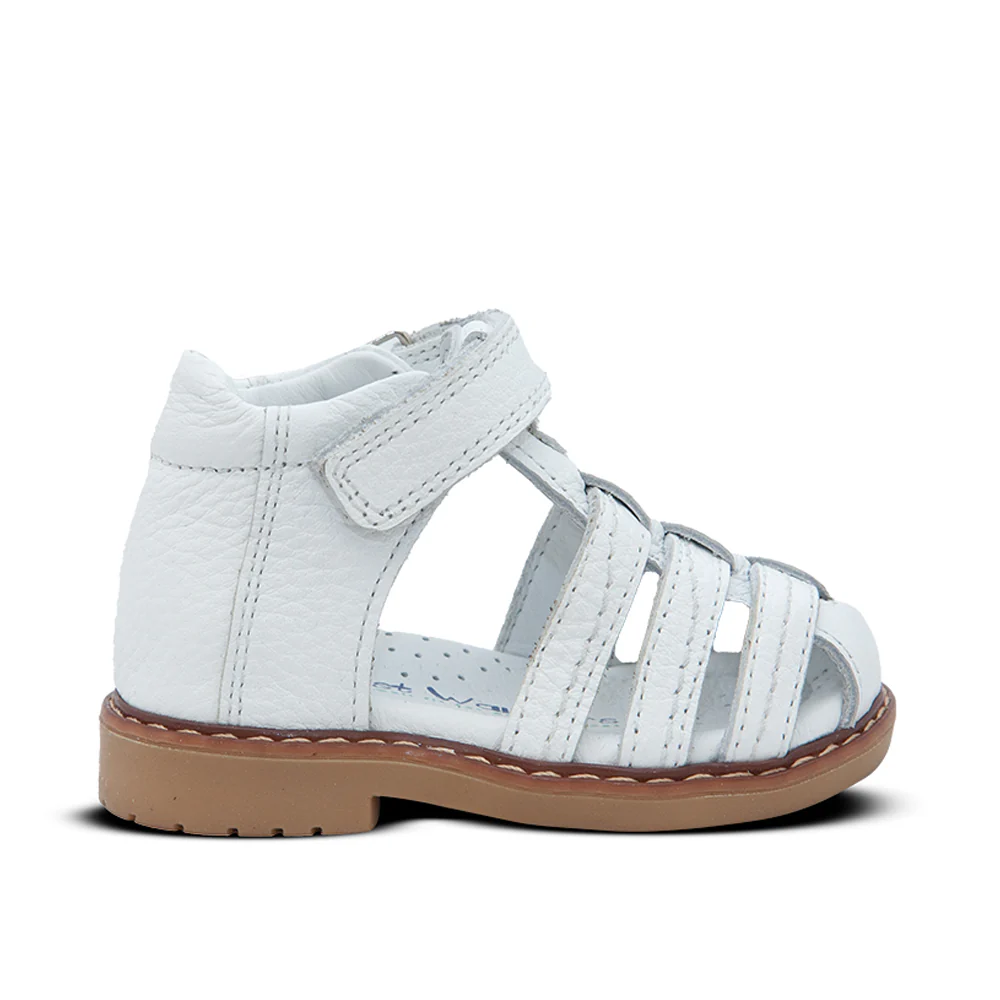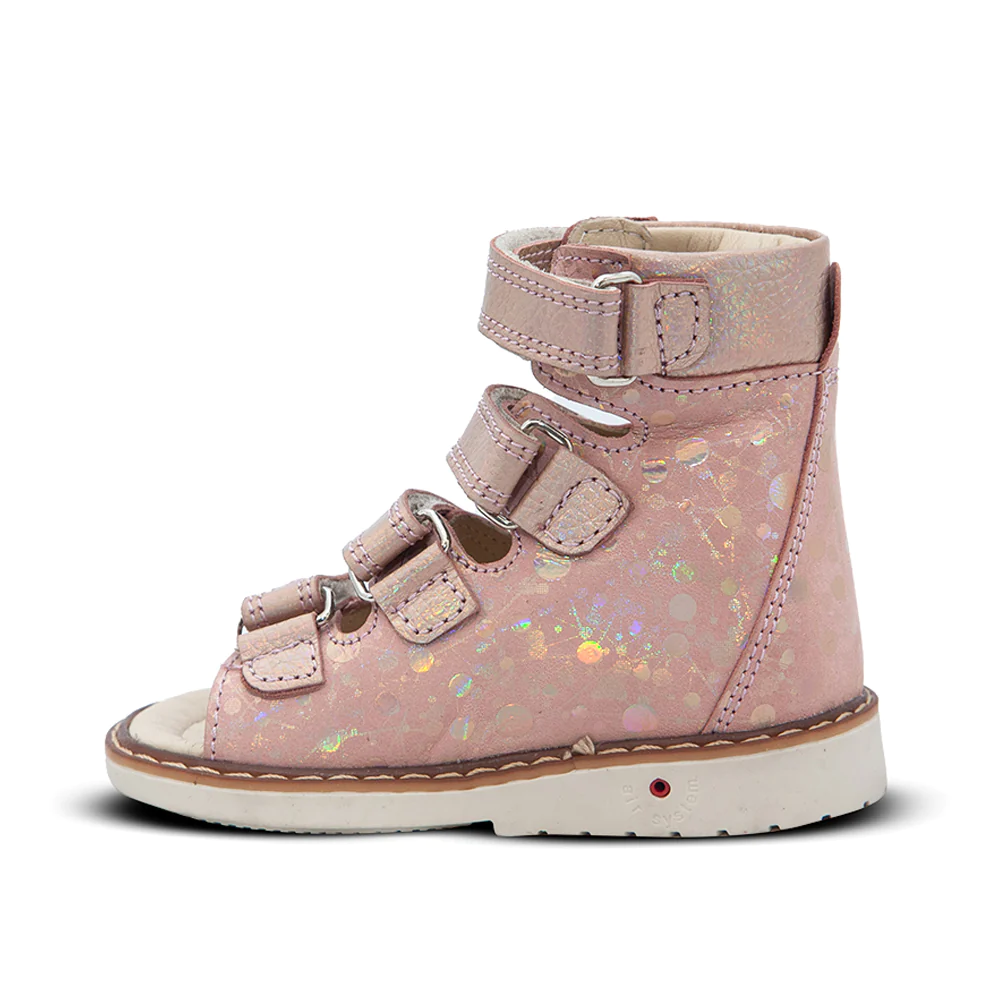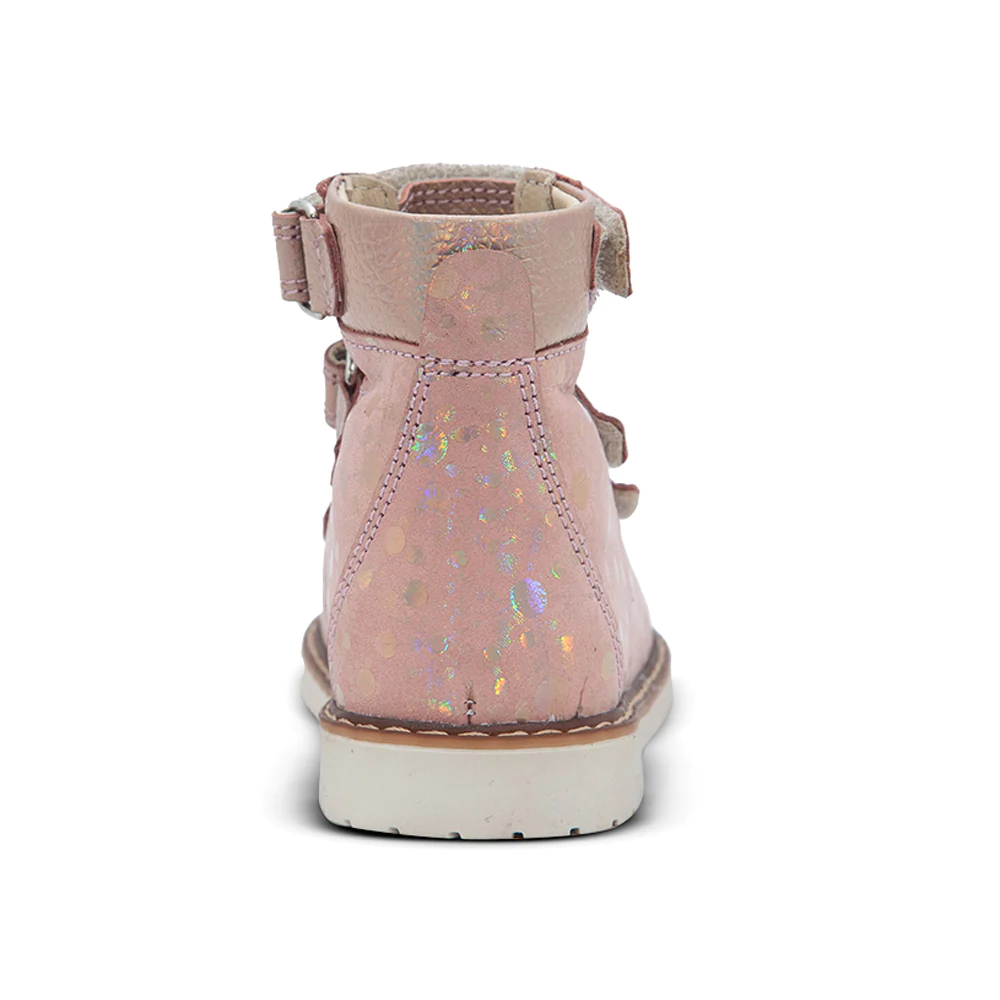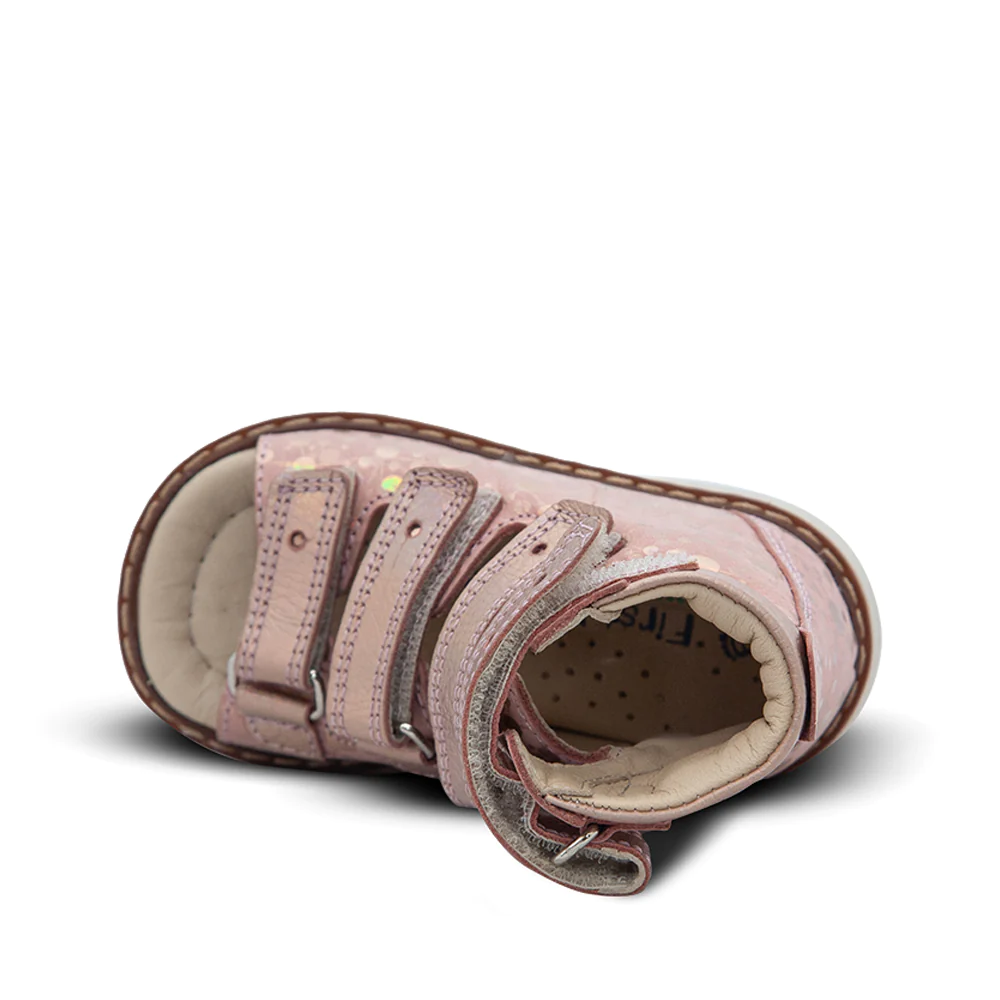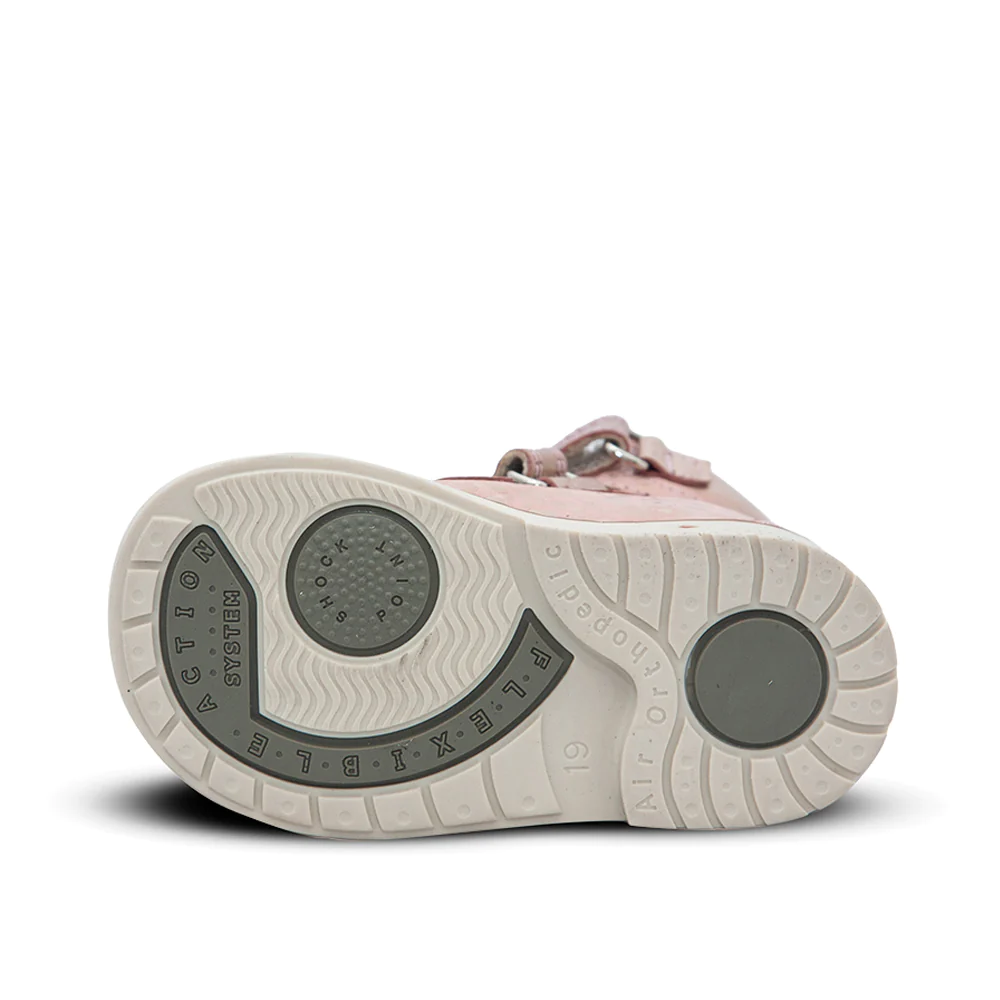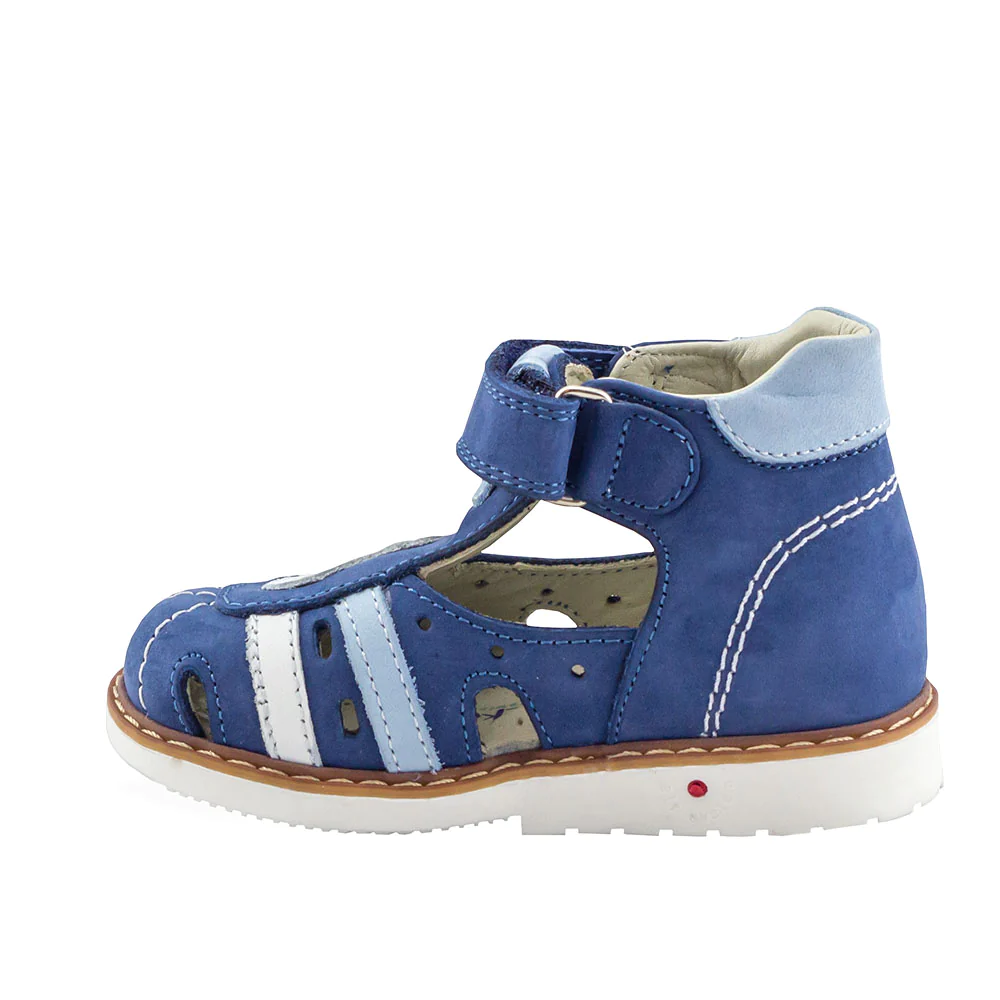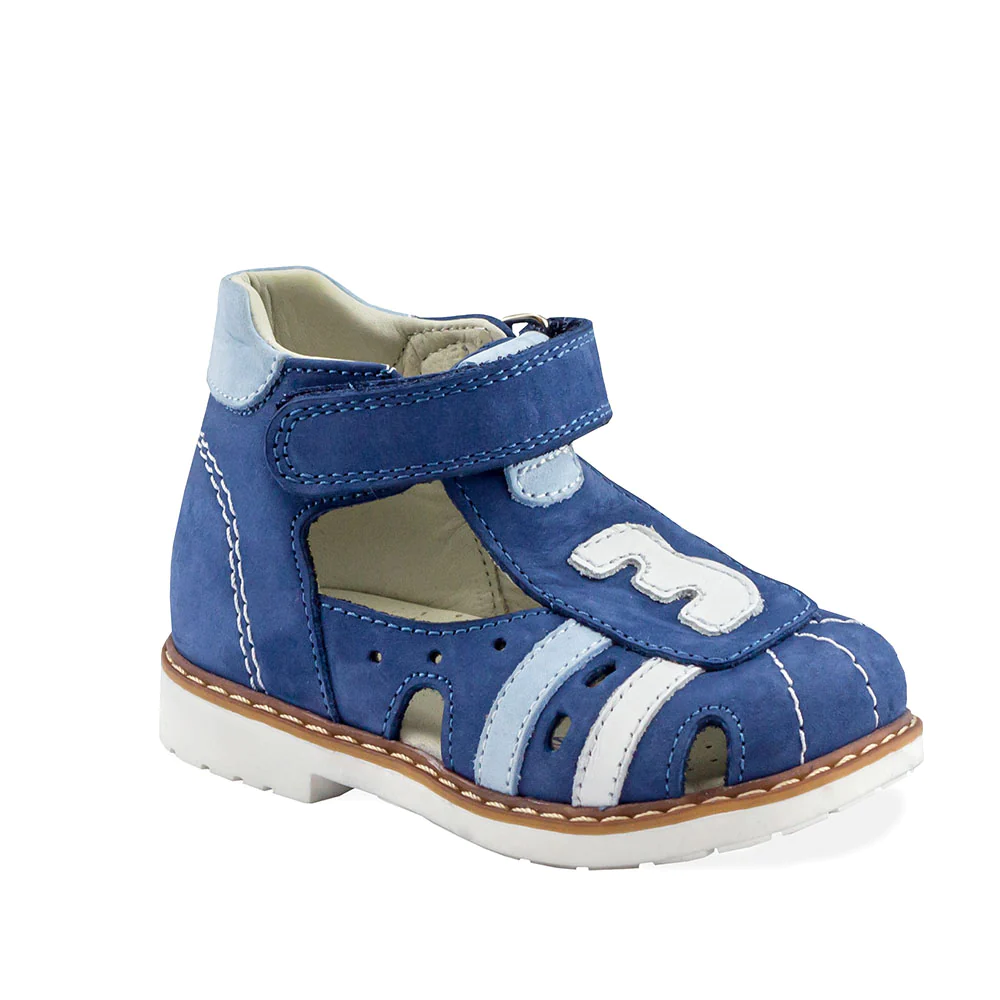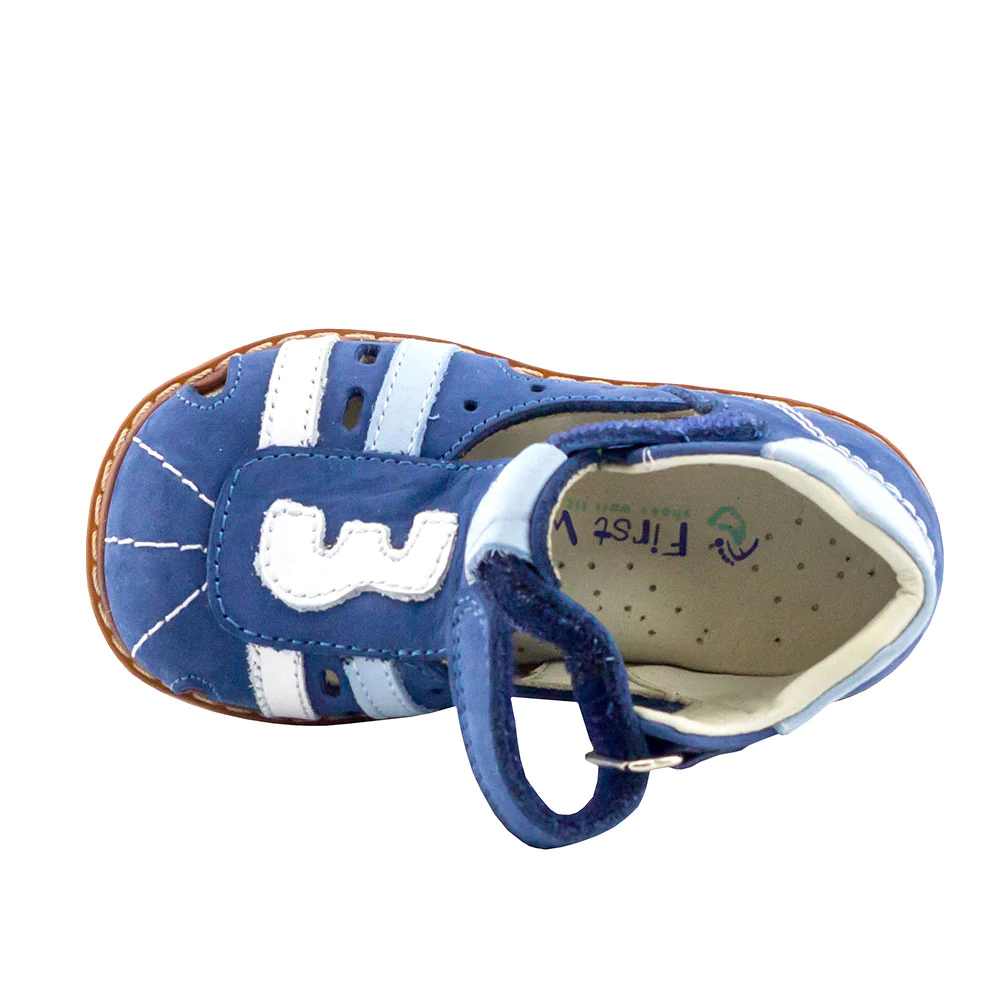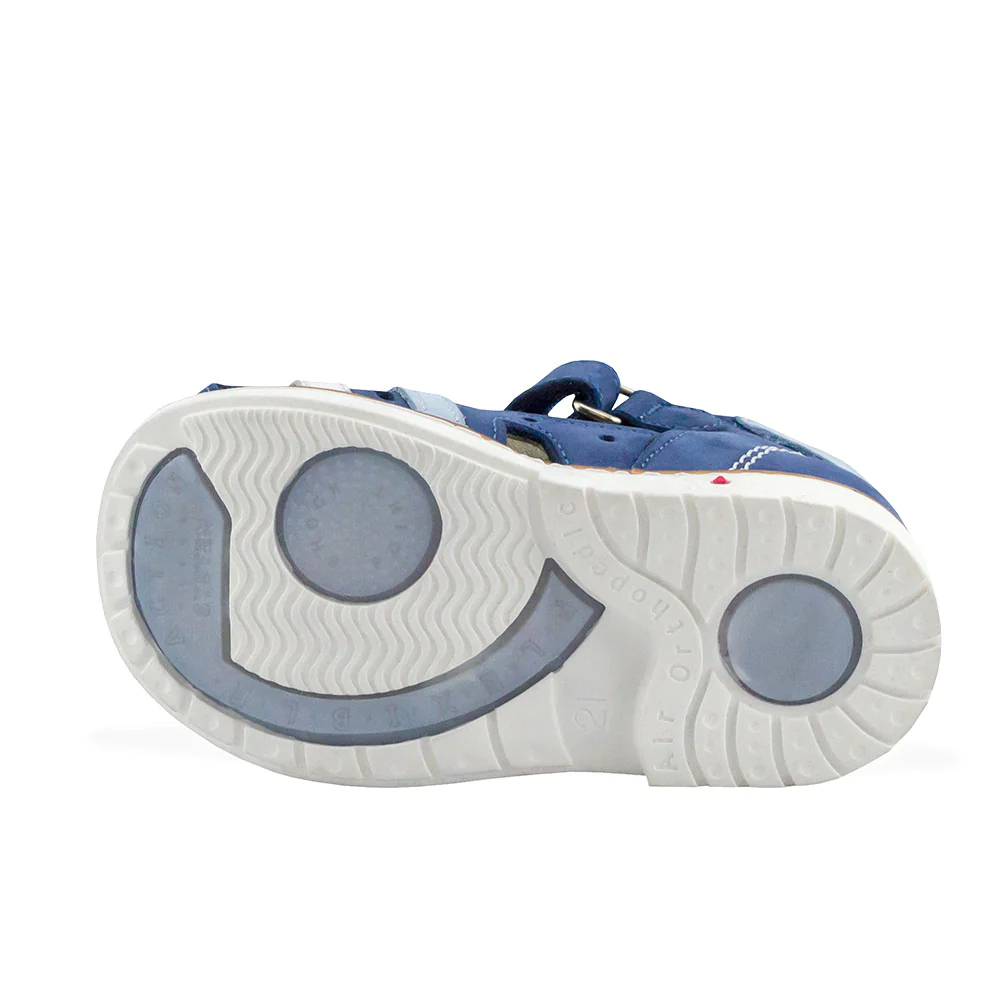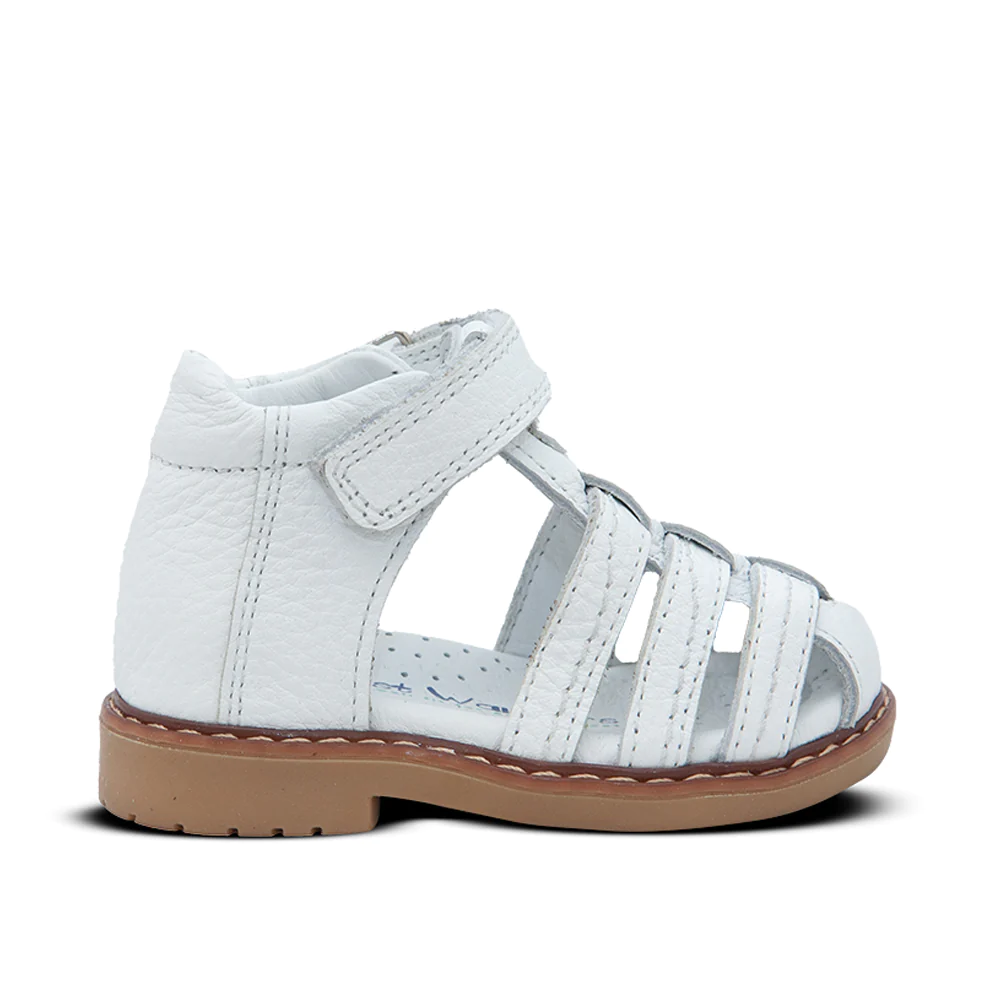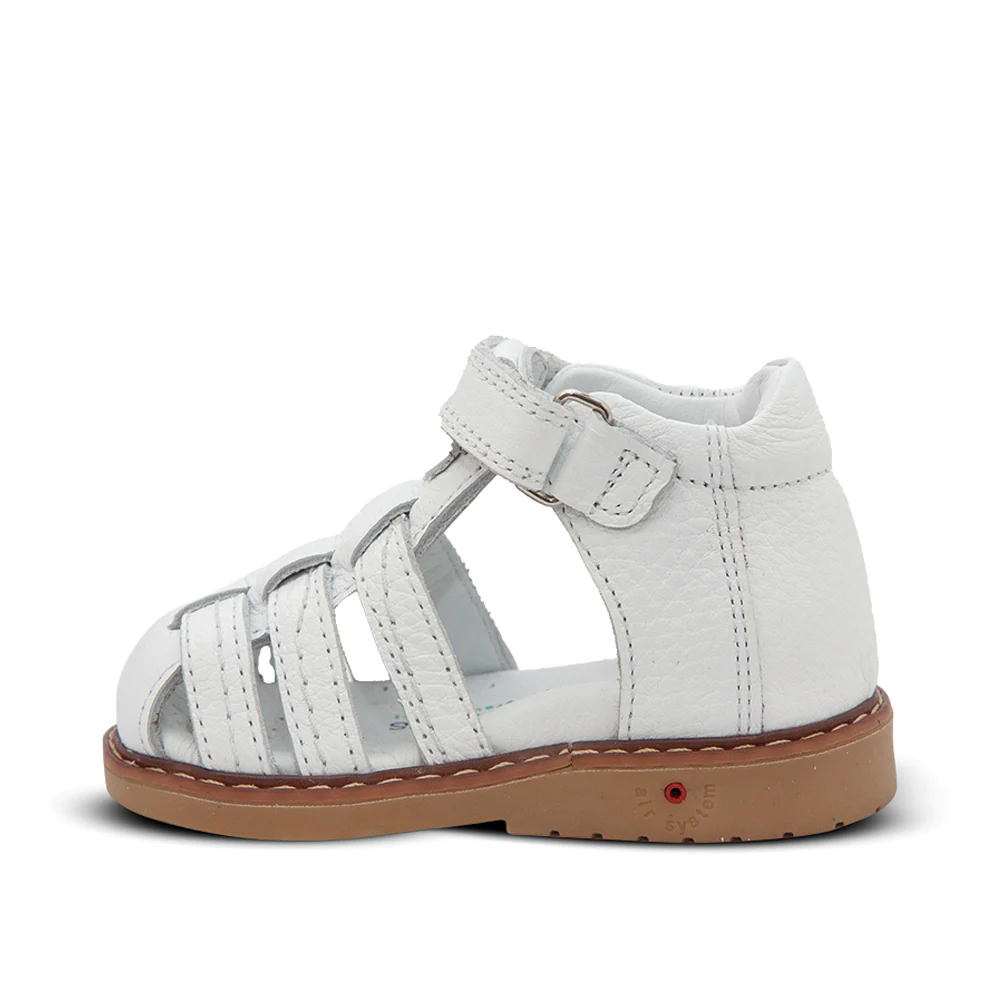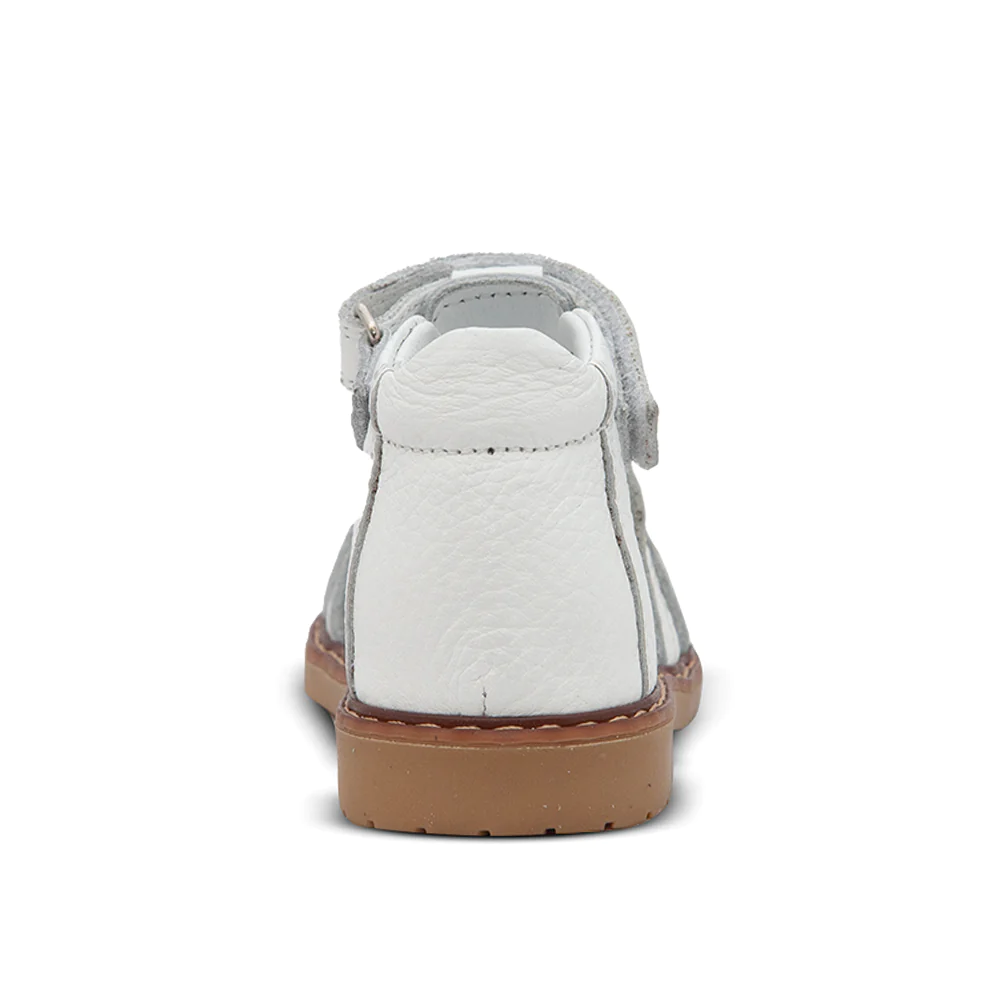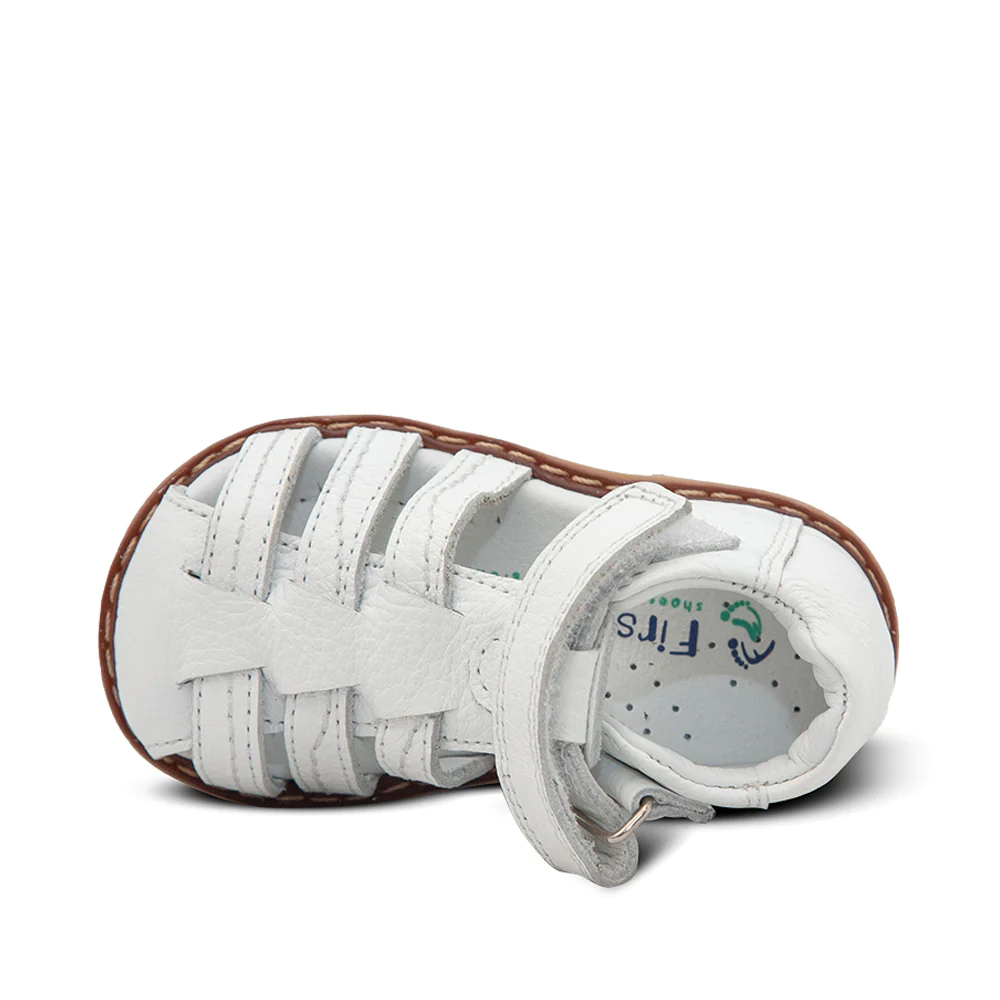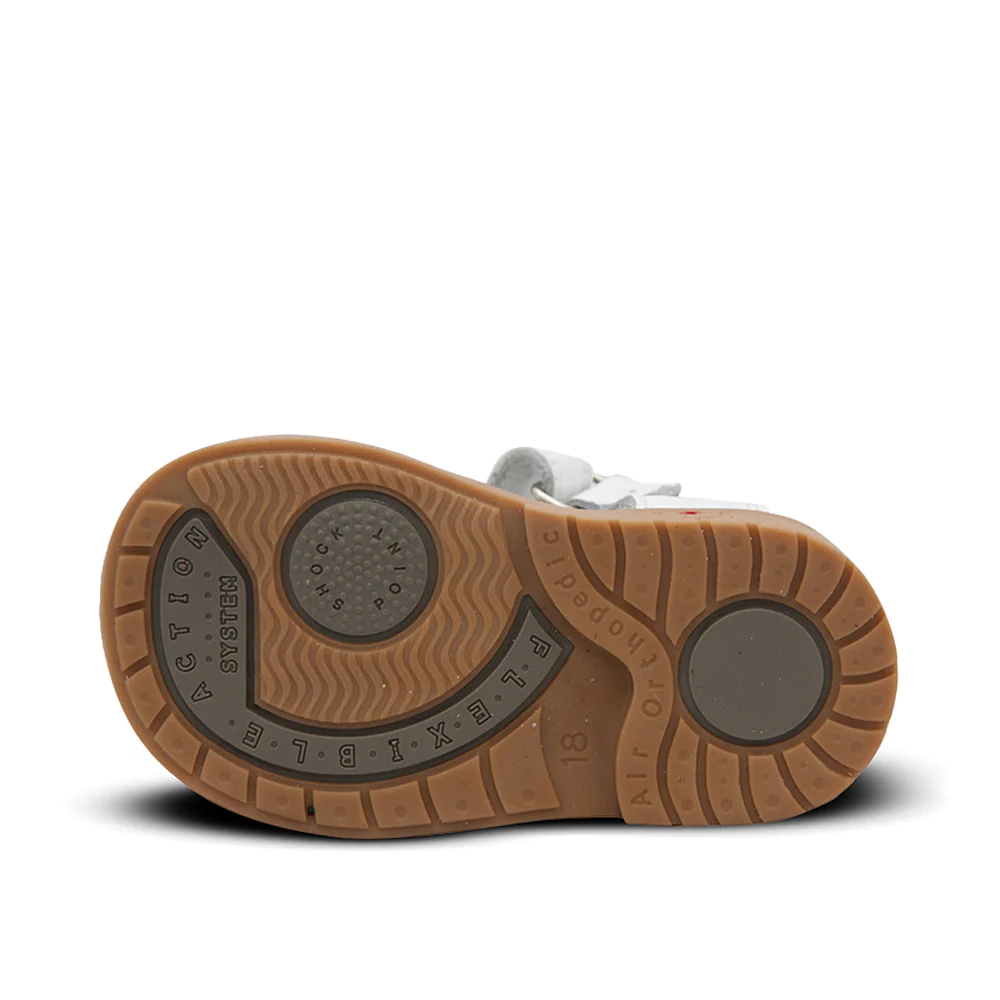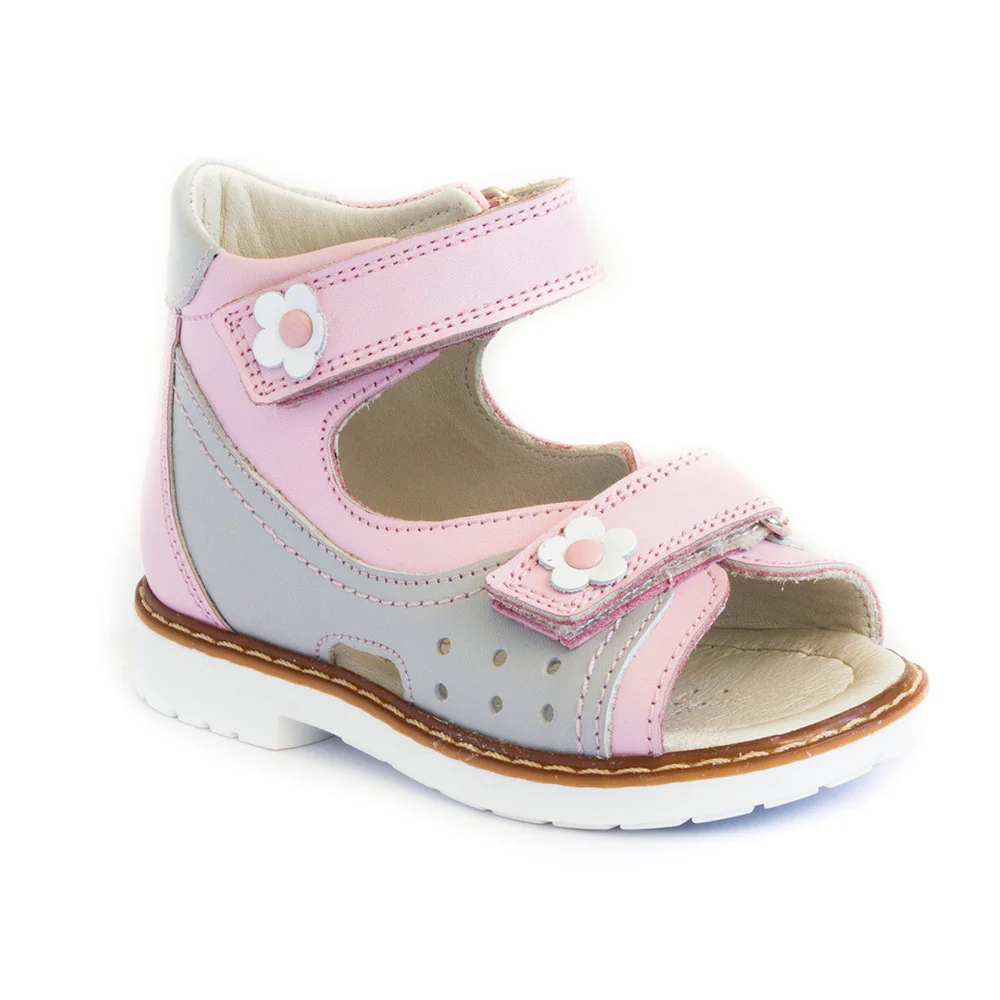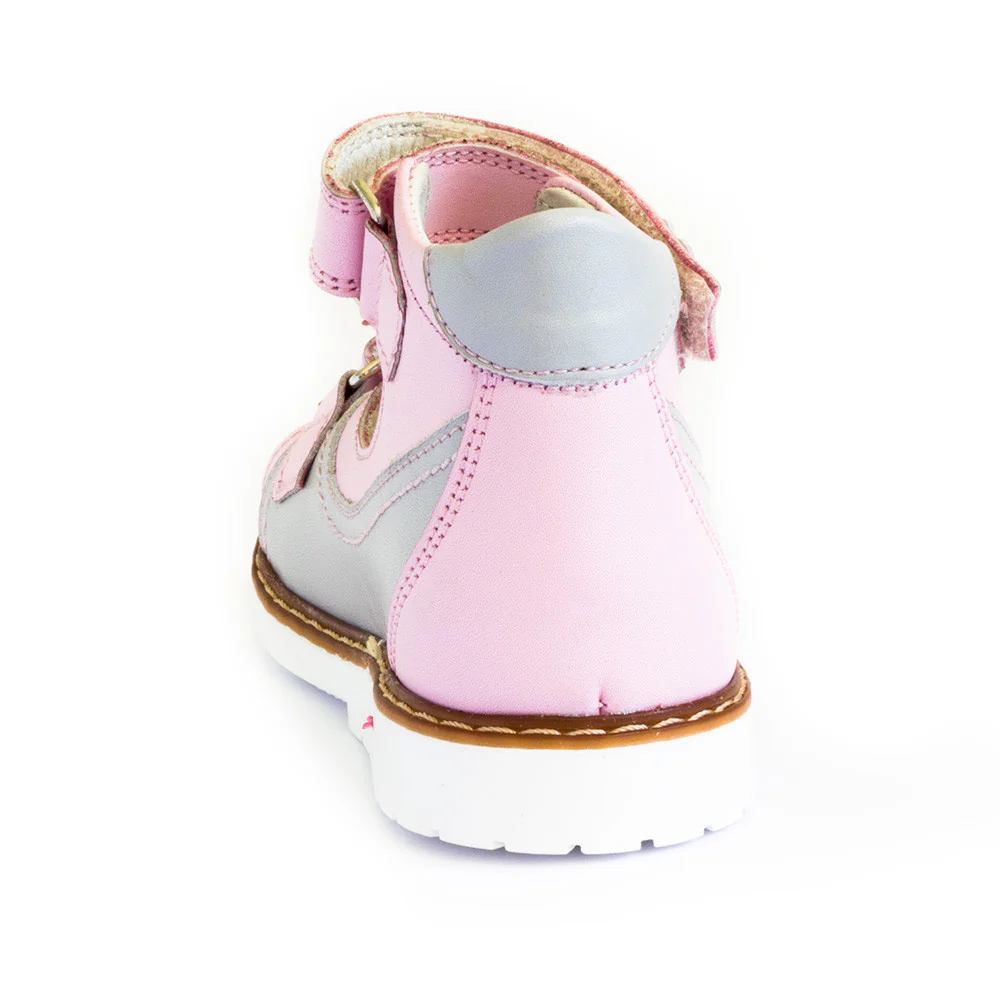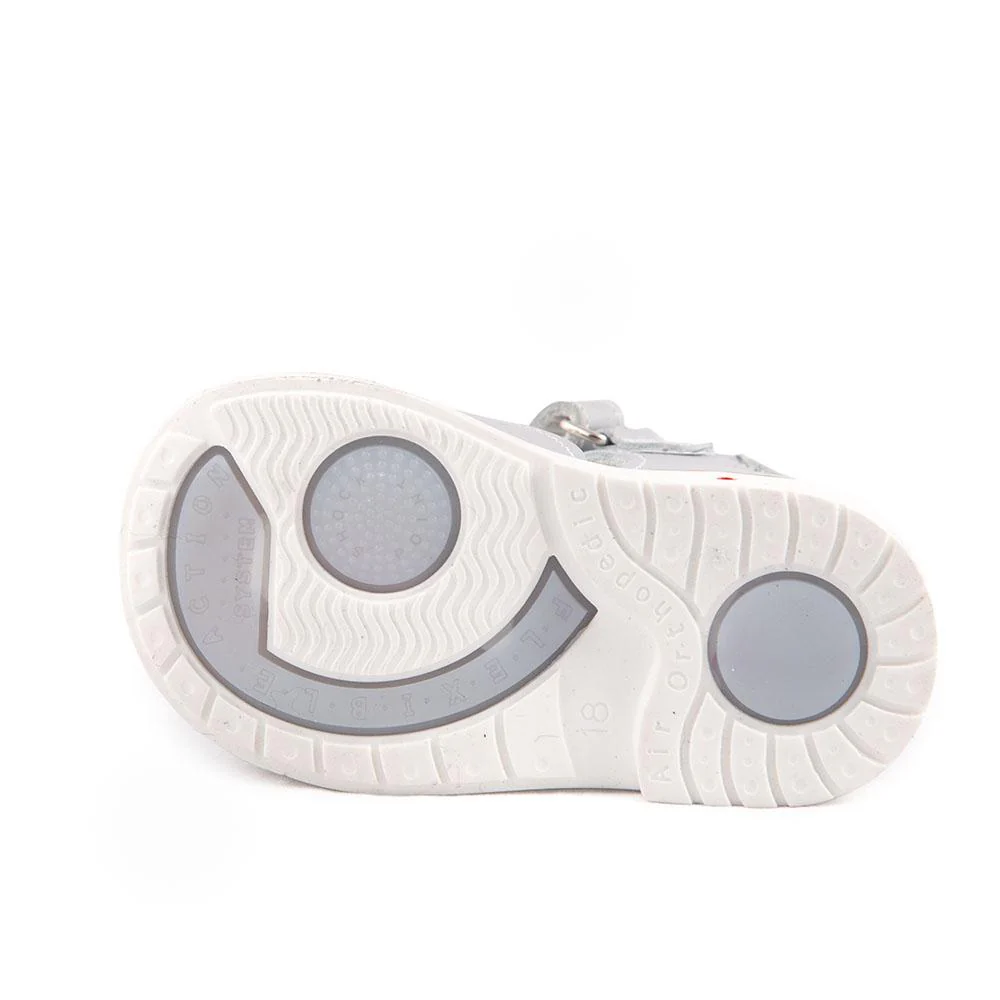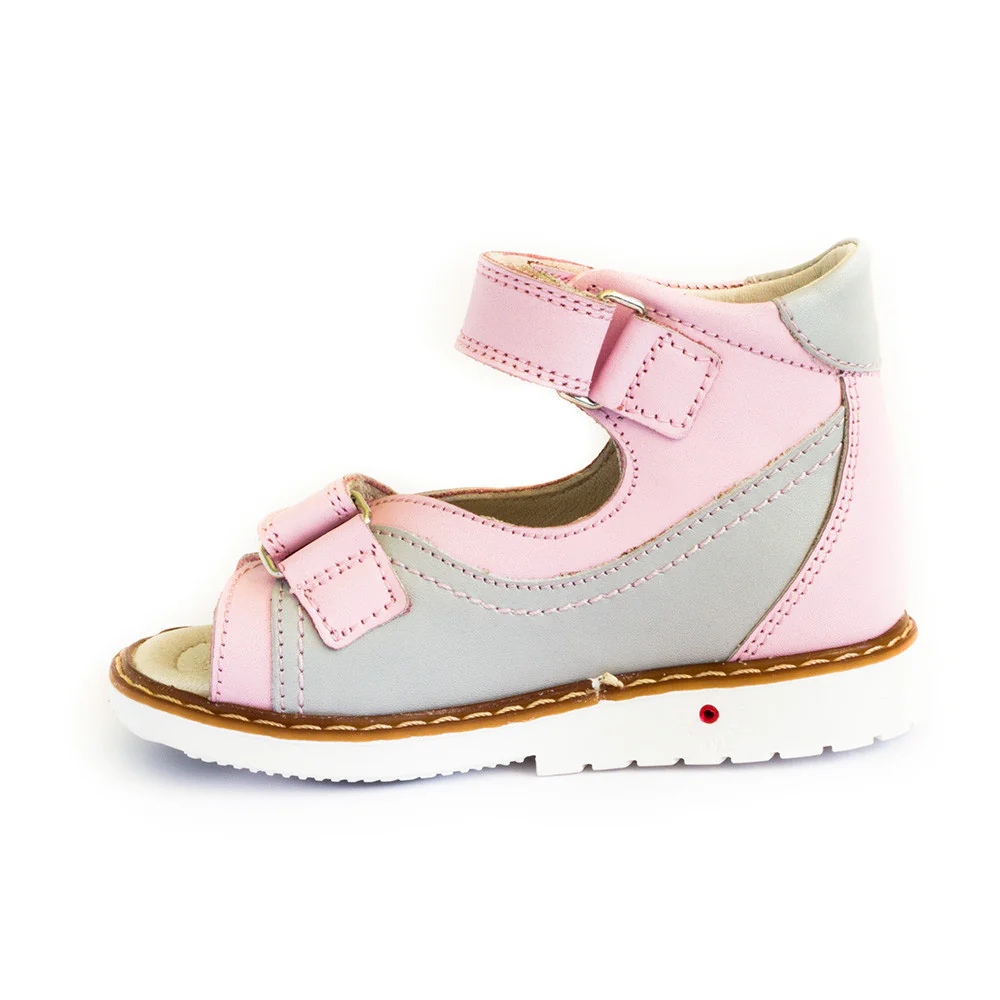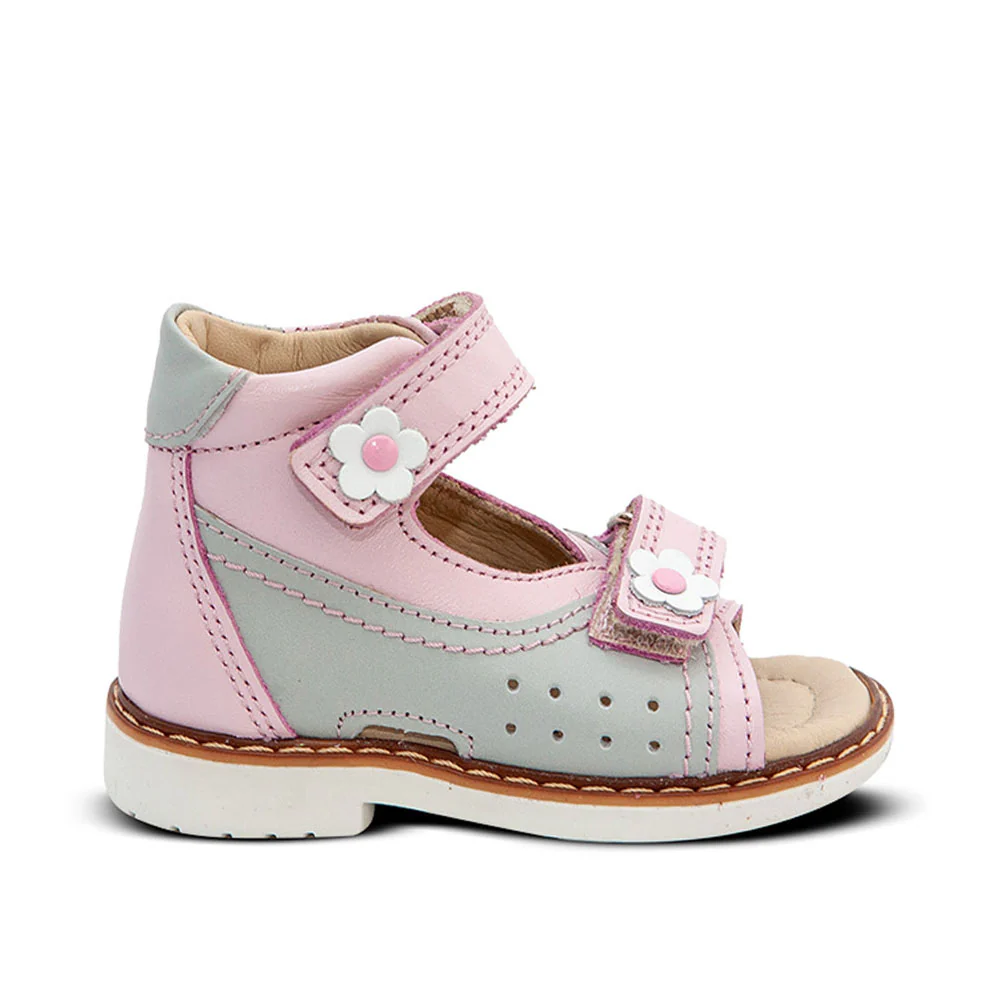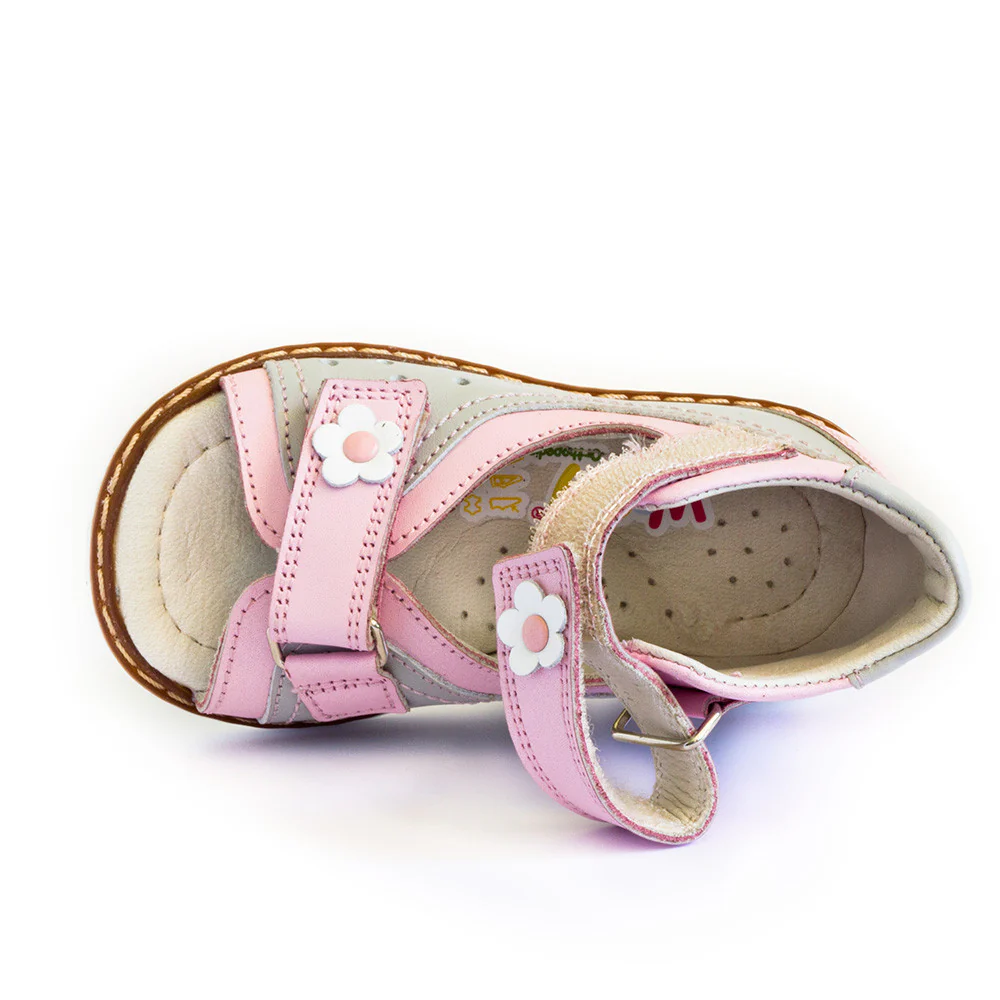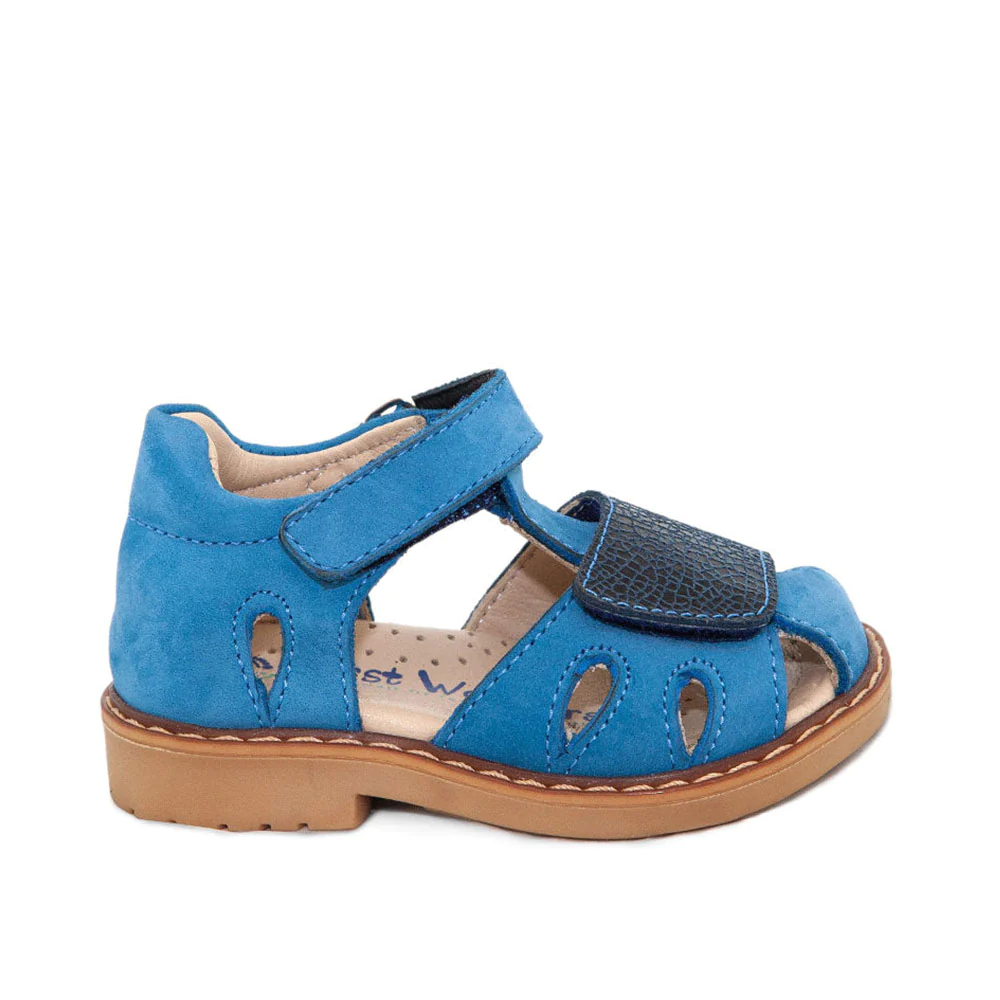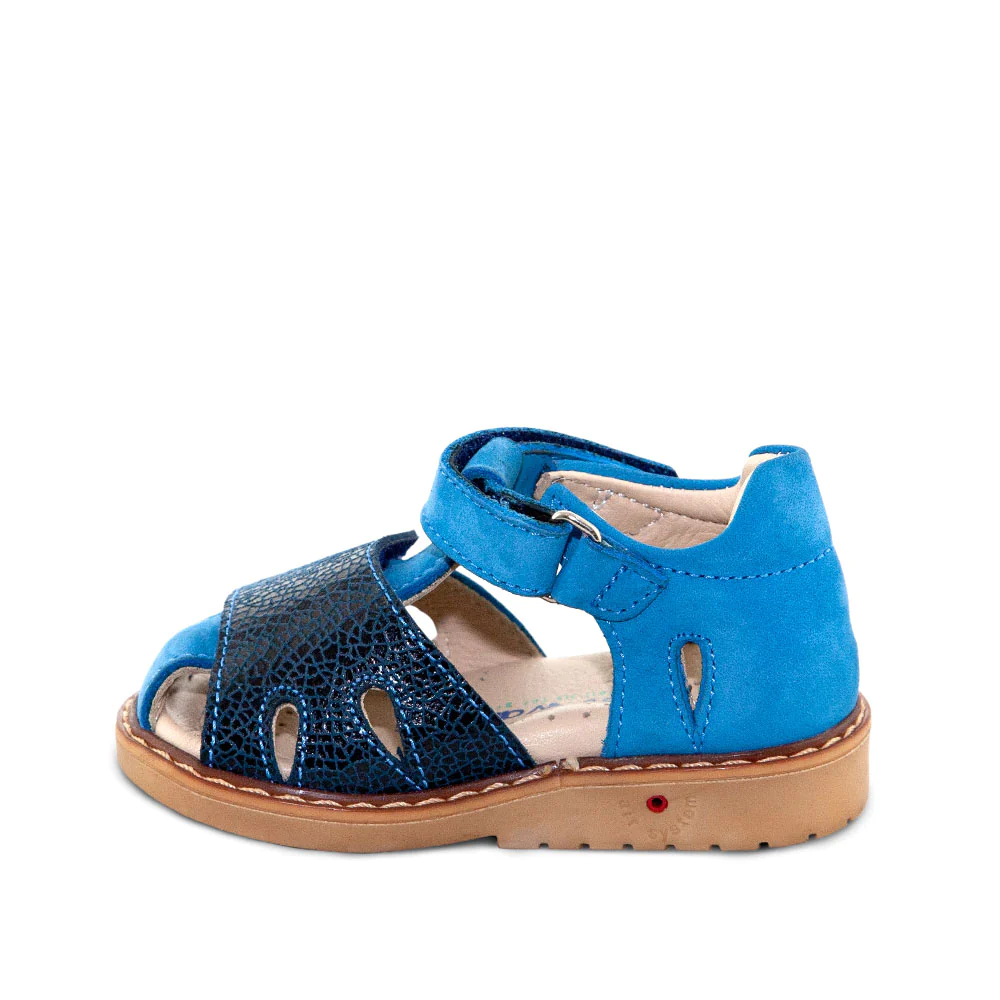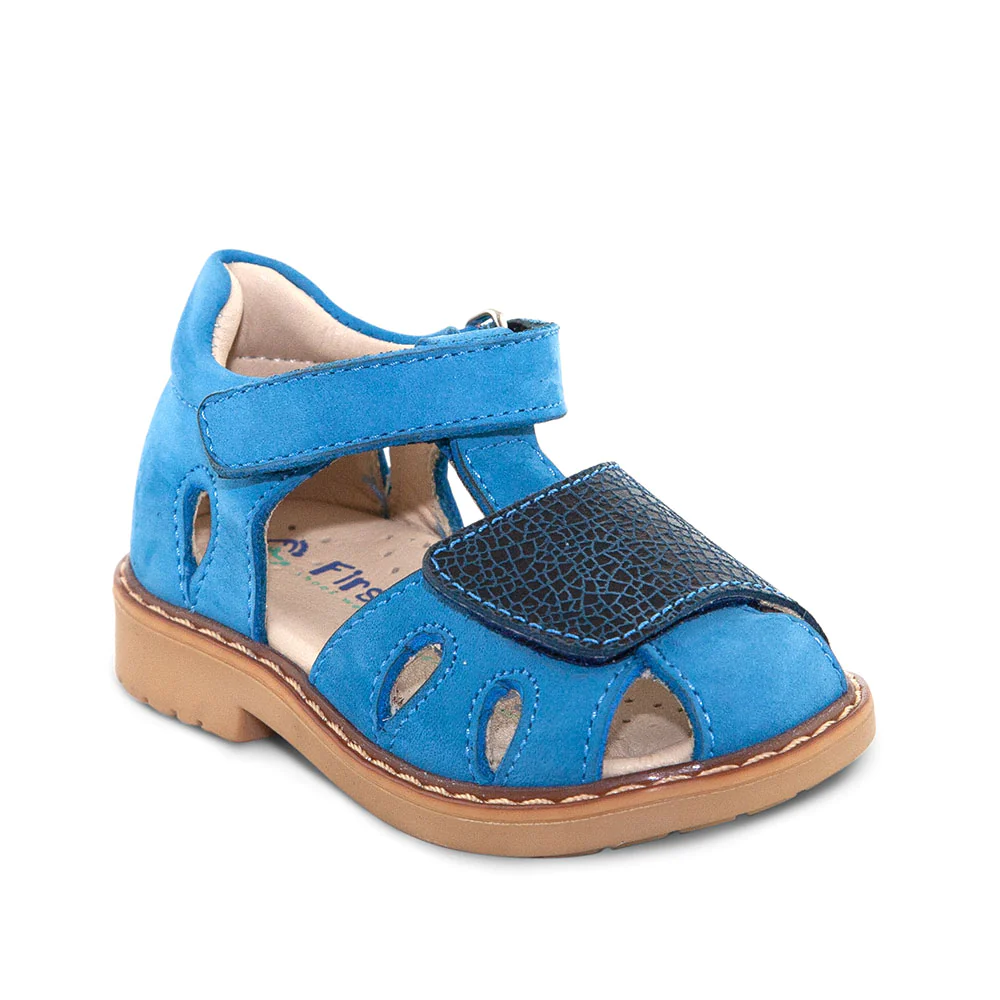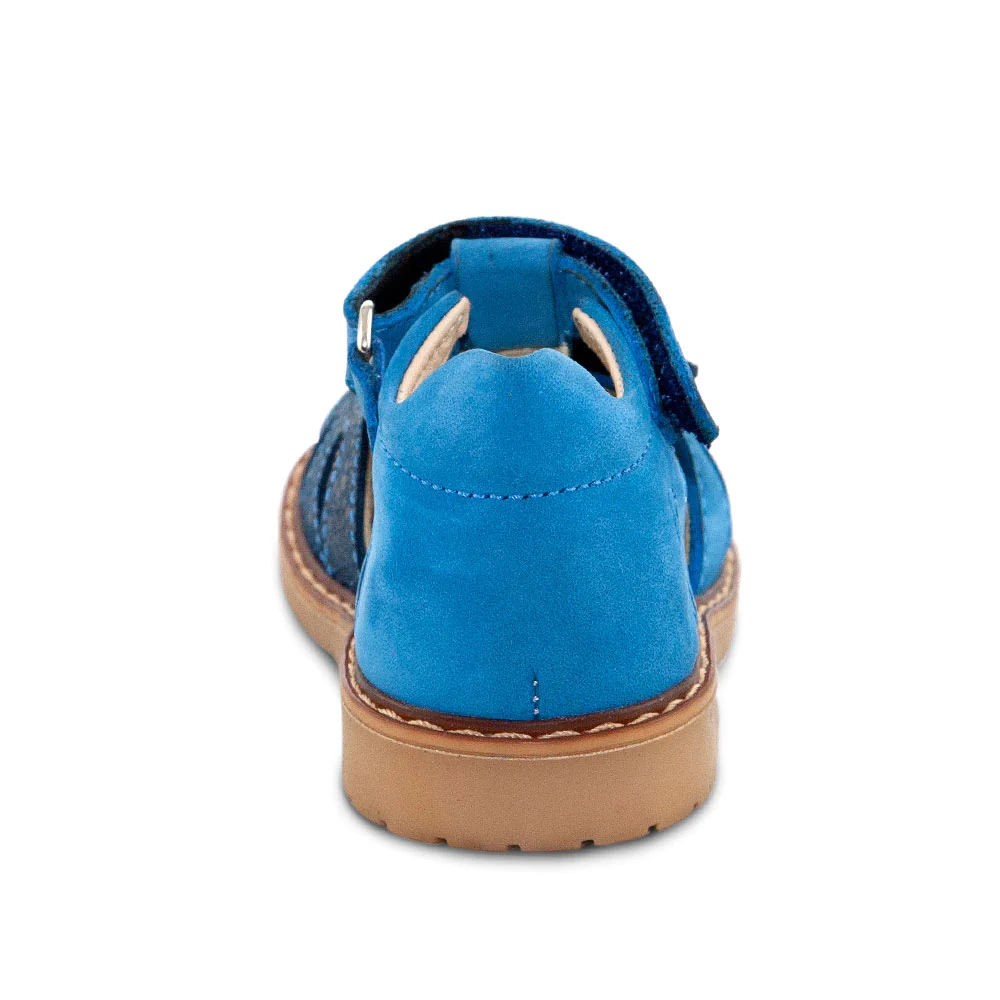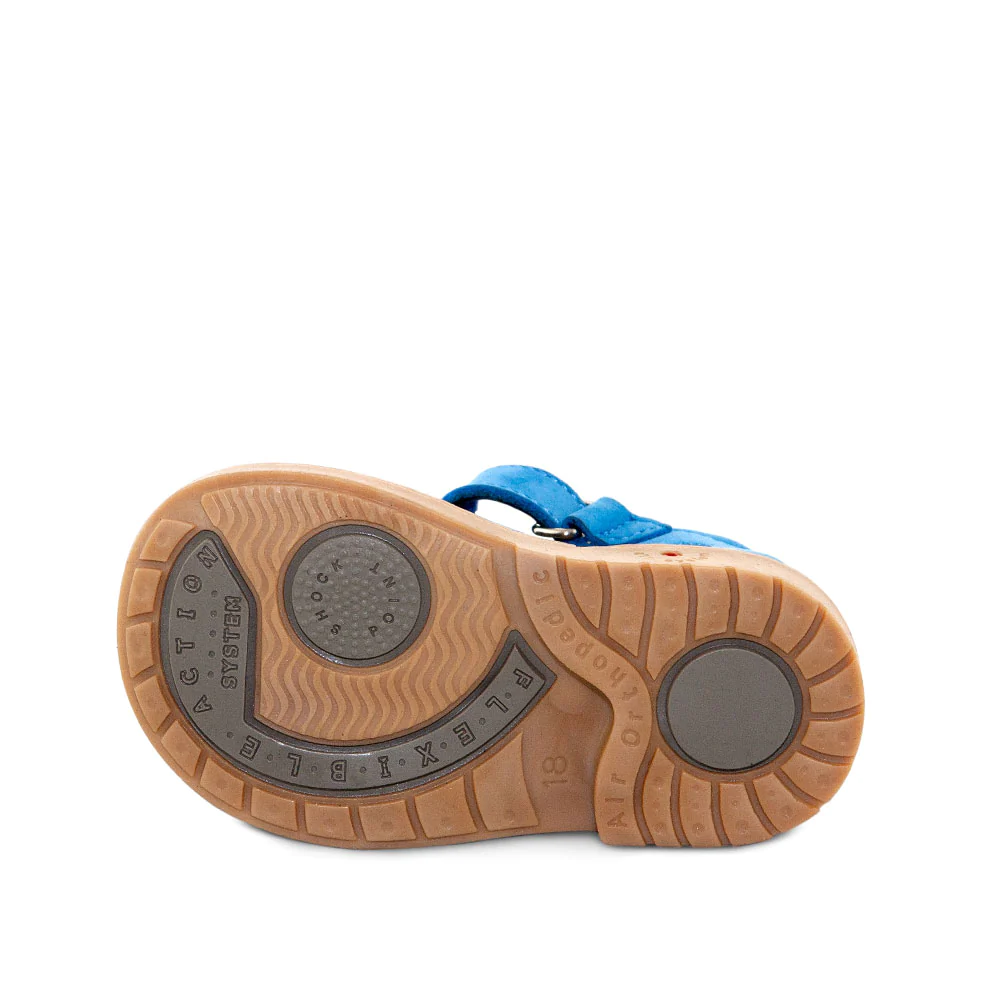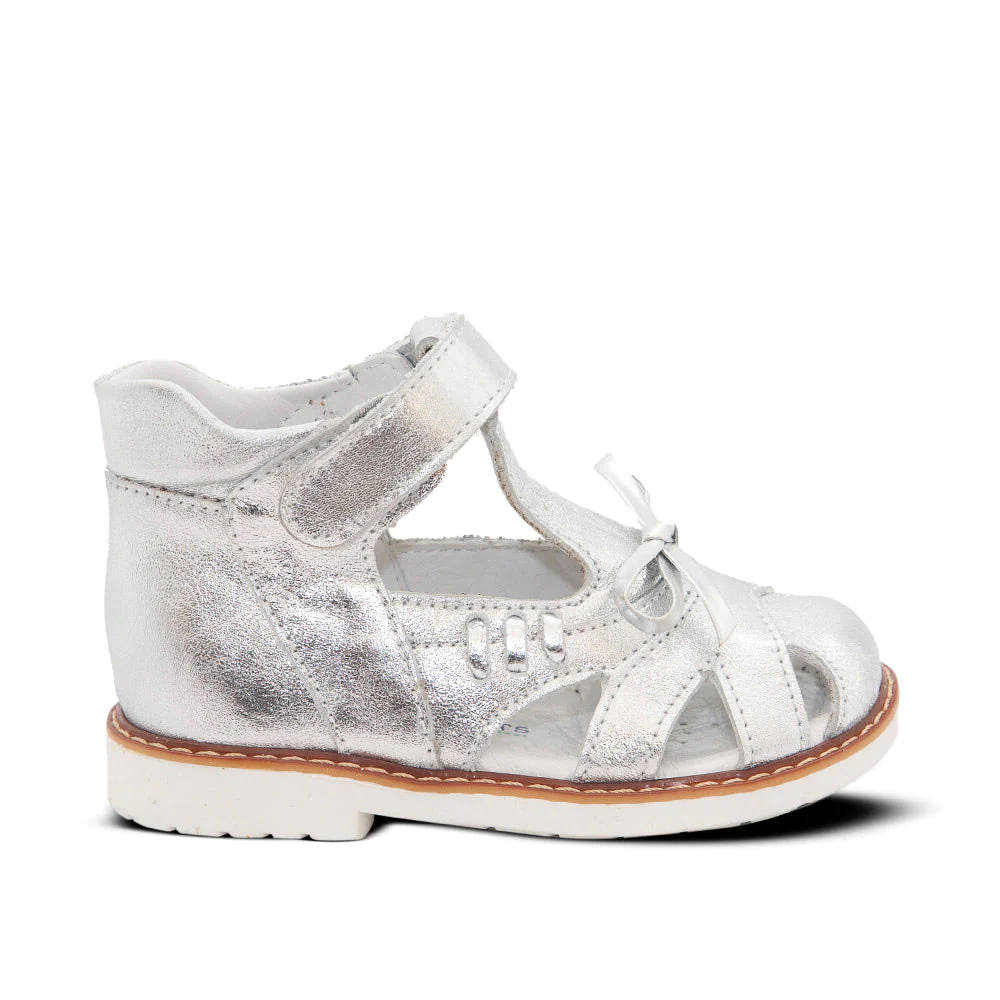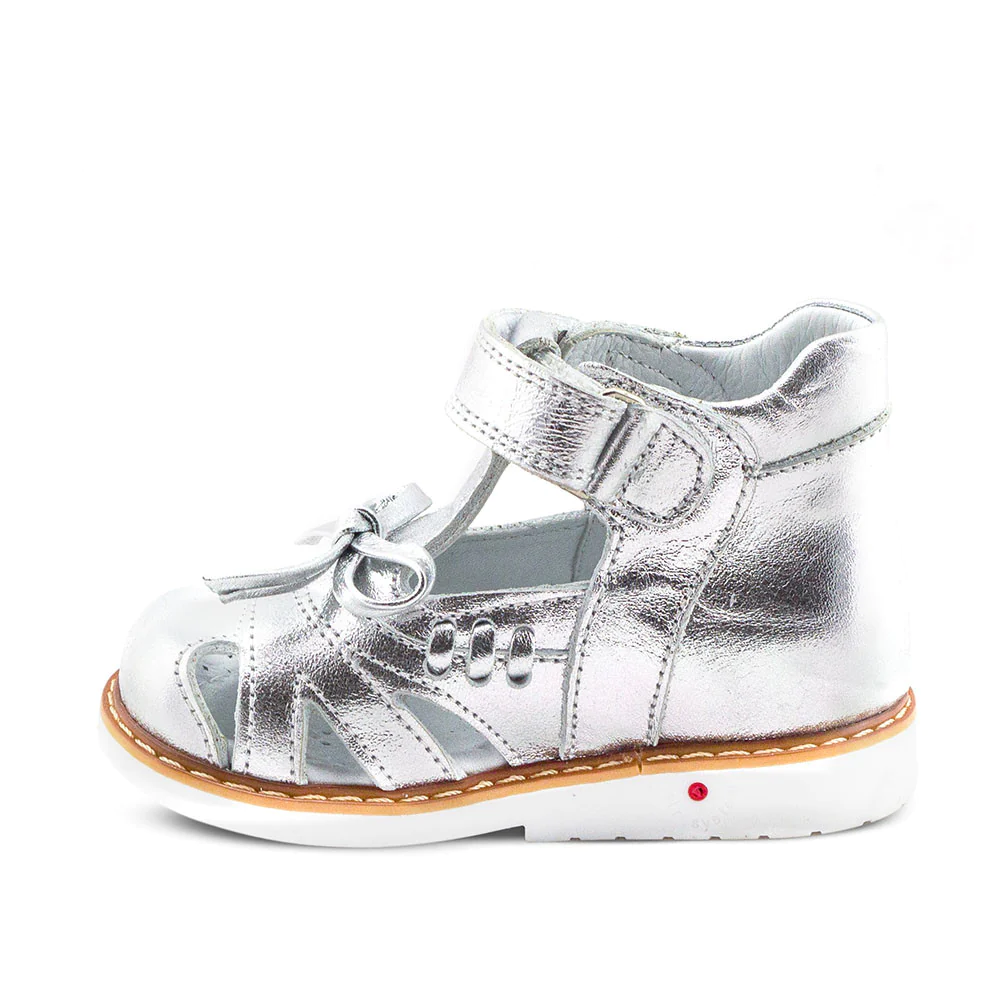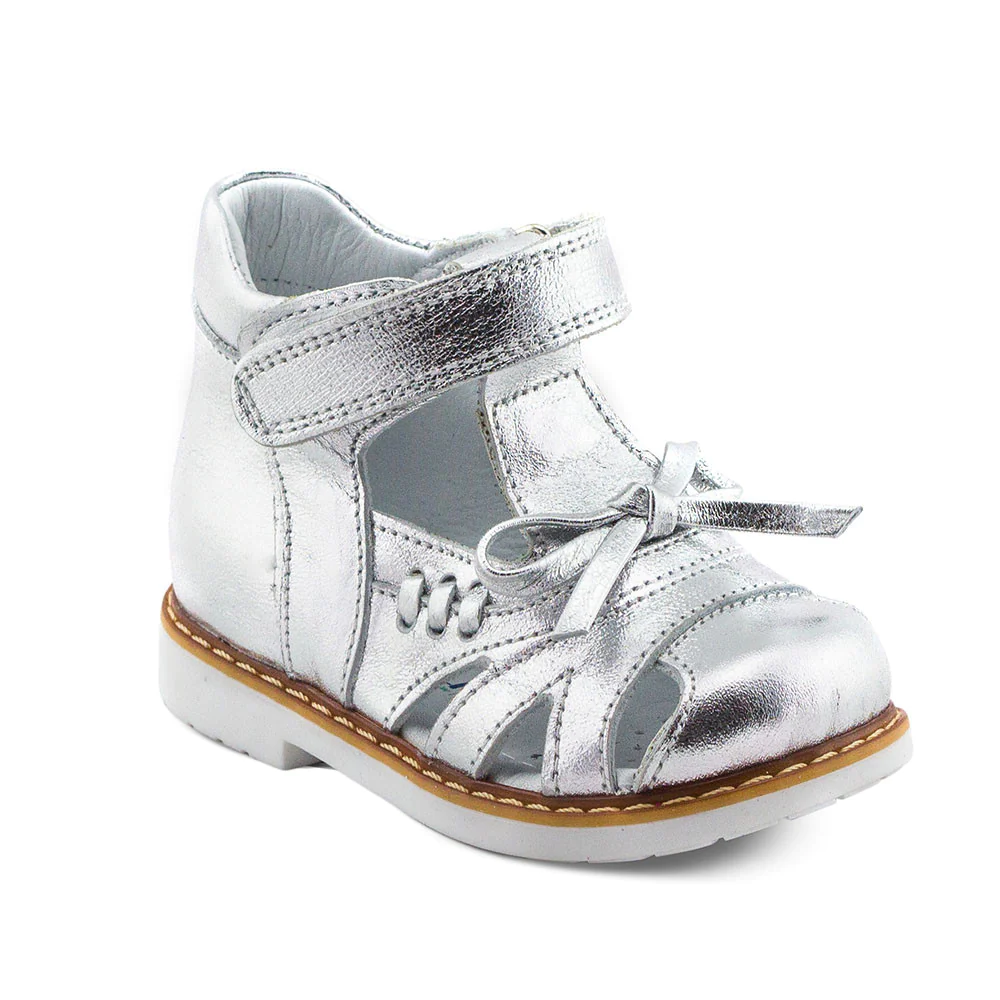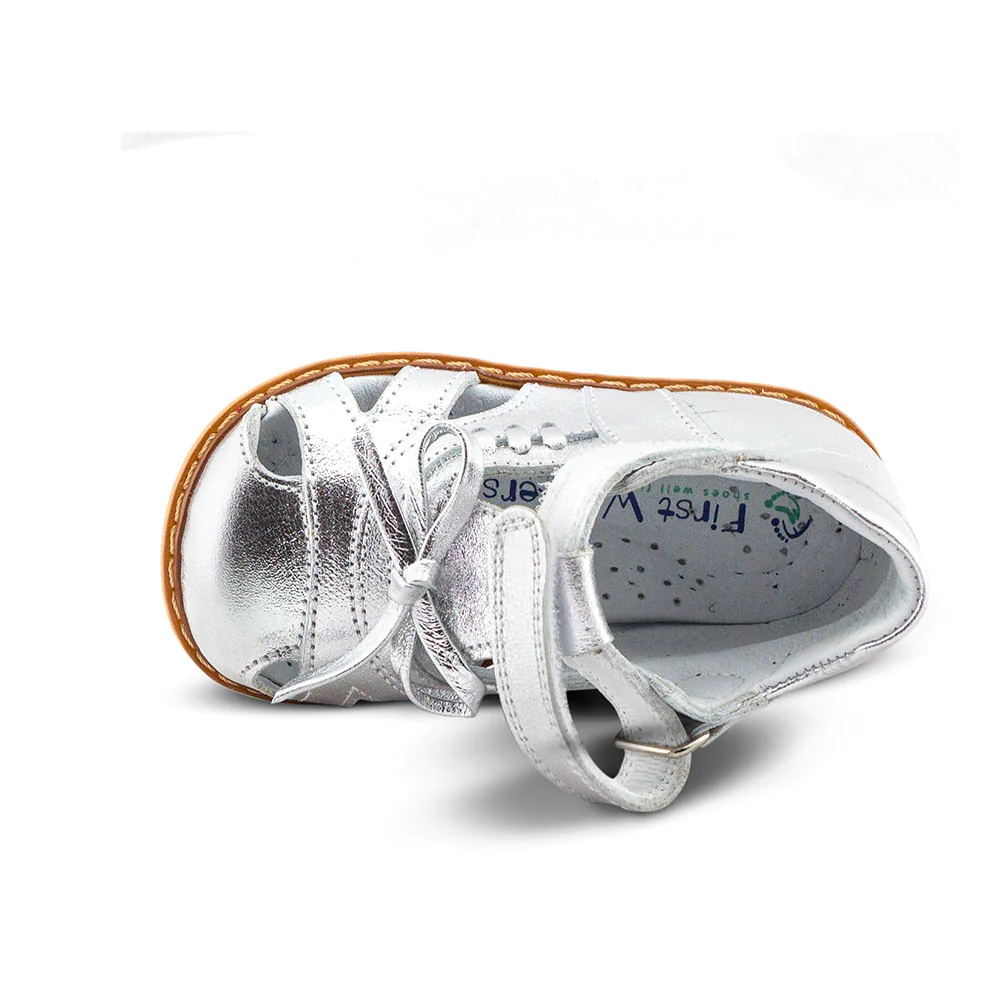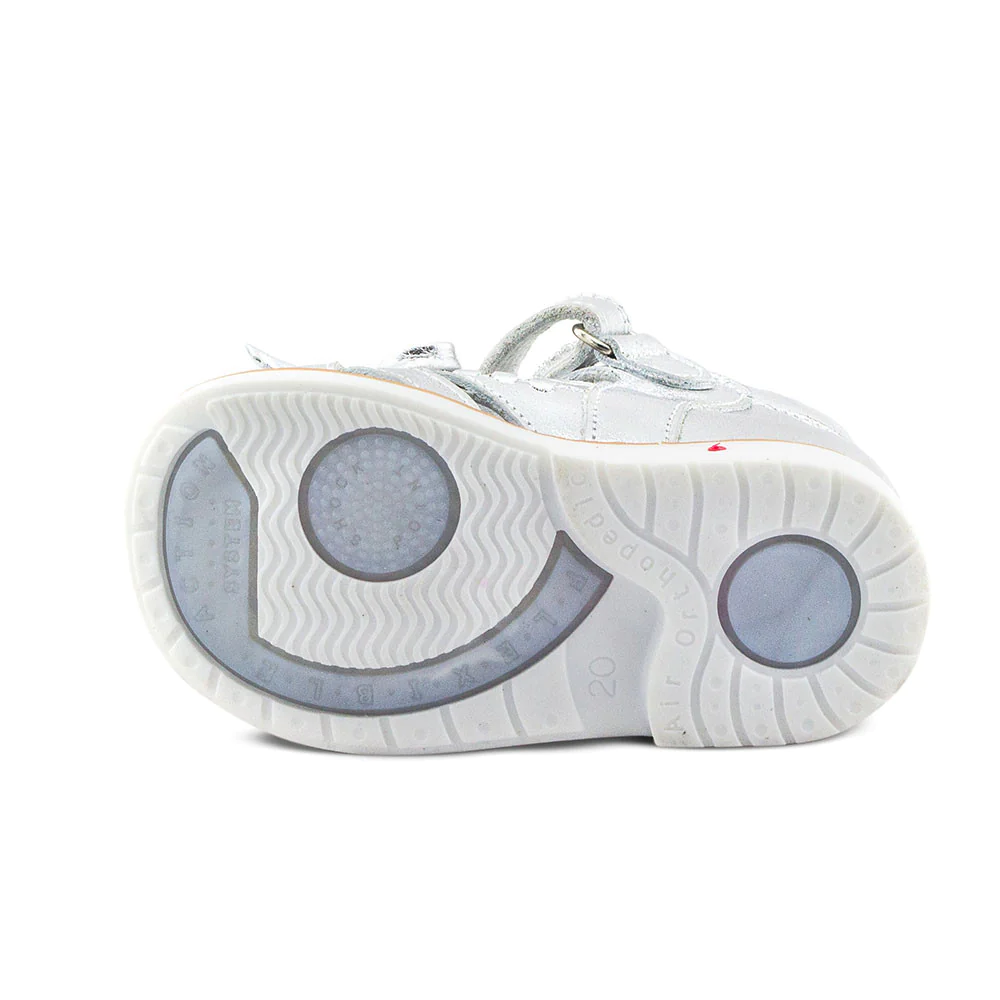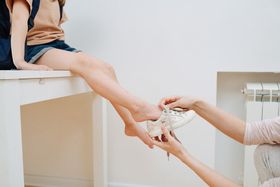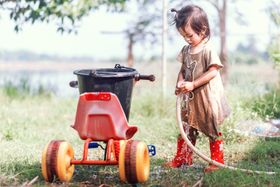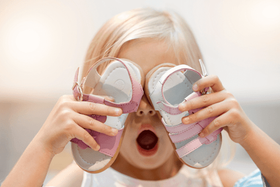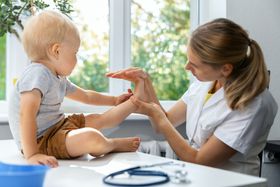Top 6 Sandals for Babies Learning to Walk
A detailed guide to selecting the best sandals for your baby. Ensure their comfort, safety, and proper foot development as they learn to walk.
Updated December 6, 2024.

Picking the right sandals for your baby can be tricky, especially when they're just starting to walk. There are so many choices out there, and it's hard to know which ones will be the best.
Imagine your little one trying to walk, but their shoes are uncomfortable or don't give them enough support. It can be really frustrating and upsetting for them. You want to make sure they're safe while they're learning to walk.
We've put together a list of the best baby sandals to help your child take their first steps with confidence. These sandals are comfortable and supportive and will help your little one learn to walk easily.
» Give your baby the best sandals for learning to walk
6 Sandals for Your Baby's First Steps
- Best overall sandals for babies learning to walk - Alva Gigi
- Best hot weather sandals for new walkers - Jaunty Gabriel
- Best sandals for babies learning to walk indoors - Camelia Kimmy
- Best lightweight sandals for babies learning to walk - Pink Chantal
- Best budget-friendly sandals for new walkers - Jody Zephyr Splenda
- Best first walker sandals for special occasions - Silvery Ellie
Type of Sandals Toddlers Learning to Walk Need
When selecting footwear for infants learning to walk, prioritise flexibility, lightweight materials, and soft soles. These features allow for natural foot development and balance without hindering growth. Plus, the minimal arch support will encourage natural foot mechanics for younger babies.
As toddlers get older and more active, their footwear needs should evolve. They require more structured shoes with moderate support, a secure fit, and slightly more weight to handle increased activity and outdoor play.
Durability and stability become more important as they explore different terrains and participate in various activities.
Key Considerations:
- Infants: Ultra-flexible, lightweight shoes with minimal support and a roomy fit.
- Older Toddlers: Structured, durable shoes with moderate support, a secure fit, and slightly more weight.
Recommended Materials:
- Soft Leather: Breathable, flexible, and supportive, smooth leather is ideal for beginner walkers. It allows the foot to move naturally and protects against injuries.
- Mesh Material: Mesh fabric enhances ventilation, keeping the feet cool and reducing the risk of blisters.
- All-natural Rubber Sole: Non-slip and providing good traction on various surfaces, natural rubber soles offer durability and flexibility.
» Learn to stretch out your kid's shoes
Top 6 Sandals for Babies Starting to Walk
Addressing Sandal-Related Foot Issues in Babies
If you notice any of the following issues with your baby's sandals, it's important to take action:
- Redness, Blisters, or Sore Spots: These can indicate a poor fit, with the sandals being either too tight or too loose. Rough edges can also irritate. Adjust the fit or consider sandals made from gentler materials.
- Persistent Irritation: Itching, swelling, or a rash might be signs of an allergic reaction to the sandal's materials. If adjustments don't help, try hypoallergenic or natural options.
- Difficulty Walking: Unsteady walking or struggling to keep the sandals on could be due to a lack of support. Ensure the sandals are flexible and provide adequate arch support.
- Slipping or Sliding: If the sandals frequently slip off or your baby's feet slide around inside, they aren't a secure fit. This can lead to instability. Adjust the straps for a snug fit, and choose sandals designed to keep the feet comfortably in place.
» Learn to prevent kids' foot injuries
Help Your Baby Step into Comfort
Choosing the right sandals for your baby can significantly impact their comfort, safety, and overall walking experience. By considering factors such as material, fit, support, and durability, you can help your child develop healthy walking habits and avoid potential foot problems.
Remember to prioritise soft, breathable materials, a secure fit, adequate arch support, and non-slip soles. With careful consideration, you can find the perfect pair of sandals to support your baby's journey to walking and ensure their comfort and well-being.
» Help your baby learn to walk comfortably with supportive sandals
FAQs
What should I look out for when the baby first starts walking?
» Balance: Watch for wobbliness and how they adjust.
» Steps: Notice the length and frequency of their steps.
» Support: Observe if they need handholds or furniture.
» Safety: Ensure their environment is safe for walking.
Is barefoot best for babies learning to walk?
Going barefoot allows for better sensory feedback and natural foot development. It helps with balance, coordination, and strengthening foot muscles. But, ensure the surfaces they walk on are safe and free of debris.
Should baby walking shoes be hard or soft?
Hard shoes can hinder natural foot development and limit flexibility. Soft shoes allow for better sensory feedback and natural movement. Remember, the goal is to support their growing feet, not restrict them.
Can out-toeing delay walking?
While out-toeing can affect a baby's gait, it usually doesn't prevent them from walking. If you have concerns, consult a pediatrician for advice.
How can I encourage my baby to walk?
» Create a safe environment: Ensure their surroundings are free of hazards.
» Provide support: Offer your hand or use a walker for stability.
» Model walking: Demonstrate walking and encourage them to imitate you.
» Positive reinforcement: Praise and celebrate their attempts, no matter how small.
» Let them explore: Allow them to explore their environment at their own pace.
Disclaimer: First Walkers' information is intended for educational and informational purposes related to toddler footwear and feet. We encourage you to consider individual circumstances and consult qualified orthopedists about specific conditions.

